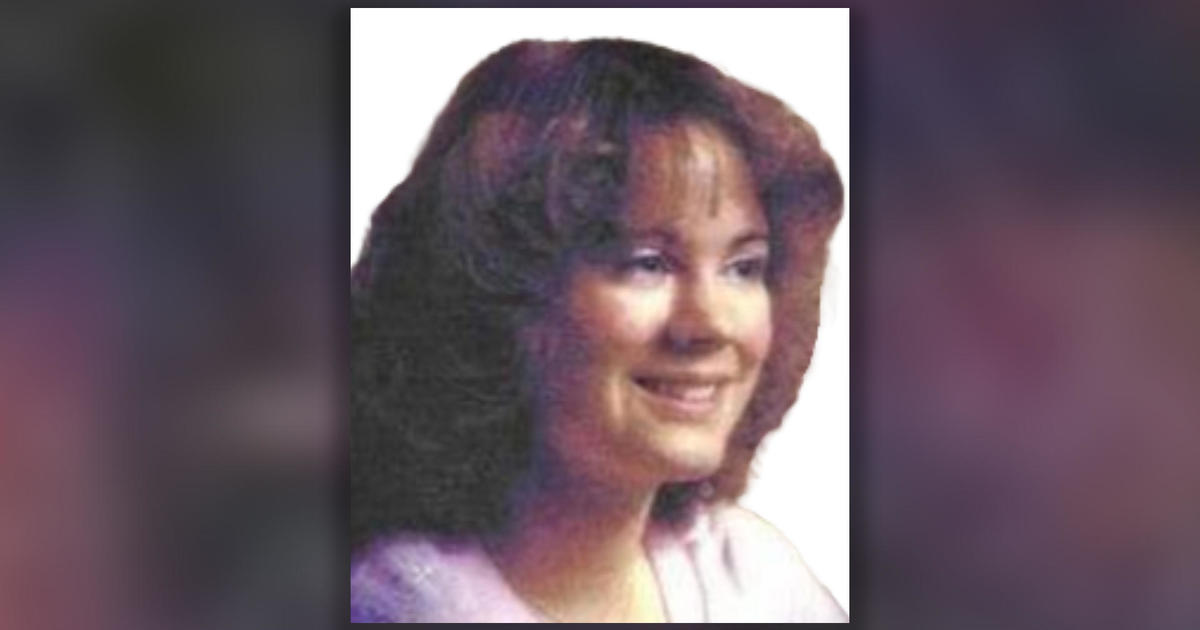Good Question: Can A Glass Change A Wine's Taste?
MINNEAPOLIS (WCCO) -- For most of us, we are being fancy if we put white wine in a white glass, and red in a red glass -- or if we take the beer out of the can. But there are dozens of different types of glasses for specific varietals of wine and specific types of beer. So, can a glass really change the flavor of our drinks?
"Different varietals have different characteristics, which you can perfectly match in the right glass," said Georg Riedel on a recent visit to Minneapolis.
Not surprising, since Riedel's wine glass company has been pushing the idea that there's a scientific justification for matching a glass to a varietal. He argues that the flavors do change with different types of glasses.
"The physics behind this is that the smaller the bowl, the tighter the aroma will be and the more intense that nose will be," said Dan Darvell, the executive chef at Kitchen Window, a Minneapolis store which carries a large selection of Riedel wine glasses.
"Would this Riesling taste different if it were in this Chardonnay glass?" asked WCCO-TV reporter Jason DeRusha.
"Yes!" said Darvell. "Let's try it."
Indeed, when we poured the same bottle of Riesling into the "wrong" type of glass, a chardonnay glass with a wide bowl and a tapered top, "it totally smells different," said DeRusha.
Beer companies do this, too. Sam Adams created what they call the "perfect pint," Stella Artois has long had its own specially shaped glass, designed to focus the aroma, maximizing the smell and taste.
"Aroma is 90 percent of the flavors you experience," said Darvell.
There is considerable scientific research linking the sensation of taste to receptors on the tongue as well as the aromas detected by the nose. Many people when they lose the sense of smell, also lose the ability to detect different flavors.
So, does the different smell change the taste?
"I was skeptical, but it tastes different. It does taste different," said DeRusha.
Photographer Joe Berglove detected the same change: "There is a difference, I especially notice when I smell it," he said.
Riedel also claims that his glasses direct the wine to different parts of the tongue, causing the flavor detection centers to pick up the different flavor notes.
"The way it hits your palate is different," said Darvell.
Scientific data on whether the tongue actually tastes in that manner is mixed, at best, however.
There's some thought that the shape of the glass introduces more oxygen to the wine, which can affect the flavor.
"If you think about the physics, and how much air the wine is allowed to interact with, that's a factor," Darvell explained.
Indeed, to us, the wine tasted different, whether that's good marketing, or good science, or a combination of the both.



